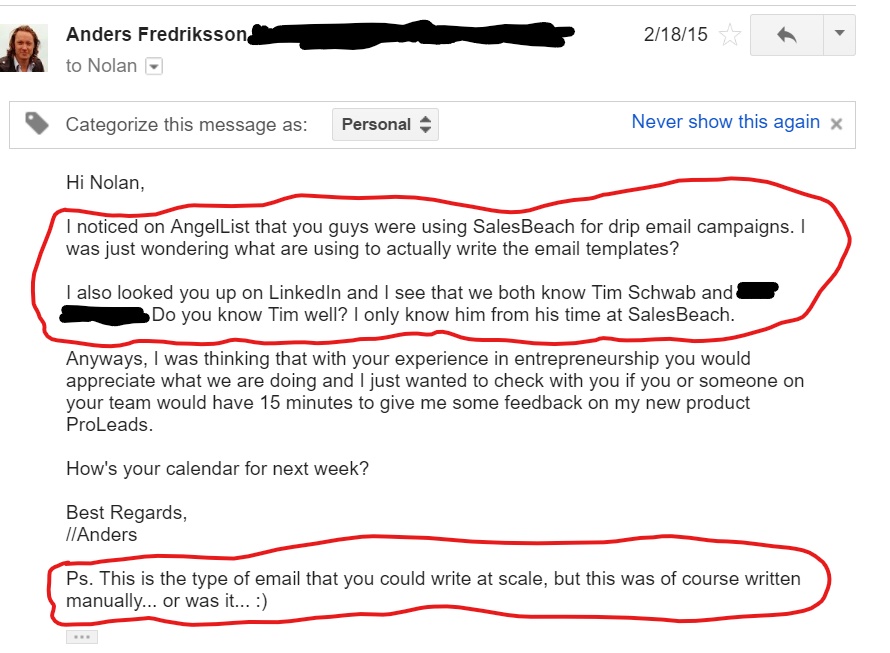Often times I get asked, “So how are you a marketing guy?”, which is a good question. I originally went to school to study Electrical Engineering, a highly technical field. How I ended up in marketing remains a mystery even to me. Let’s look at what factors shaped my path:
Being a Digital Native & Technophile
I love technology, and am always obsessed with the latest tools. It amazes me how much we can do with with a computer (especially a Chromebook!). Our civilization is currently in a hockey-stick curve for how advanced we (or those fortunate enough, at least) have become over time. Go back 100 years, or 1,000 years, and compare the difference between then and now. Amazing, isn’t it?
Being a millennial, our generation has had the advantage of growing up with access to virtually unlimited information via the Internet. We’ve seen a gradually influx of the rest of the world population joining social media (Facebook has reached 2 billion unique users worldwide, for instance). We can have conversations with someone halfway across the globe at a fraction of the cost (free) it would usually be. I believe that technology can be a promoter of social mobility for those less fortunate or disadvantaged. Historically, and even today, the main barrier to advancing in society is access to information. That barrier has almost completely eroded; enabling anyone to acquire new skills and intellectual capital.
New platforms are quite intriguing for me, especially anything that brought an offline activity to the online world. When I was in my teens, I realized that most of my leisure and work time could be spent on the computer, and that TV/Cable weren’t particularly useful anymore.
Learning out of Necessity (the mother of invention)
When I first started out building a new business, there were many marketing tasks that had to be done. No one was around to to them for me, so I had to teach myself. Outside of social media, the first channel that I started to have success in was outbound email, which I learned with the help of a new tool, and through old-fashioned trial and error. The other marketing avenues I learned through a combination of online resources and experience being behind the wheel of other existing projects that were already in place. In short, I learned a lot of what I know by doing, and the rest by reading, watching, and listening. You can read about the lead generation framework that I ended up designing here: The Sales Stack
Given my technical background, some may be perplexed as to how I came to be practicing digital marketing. I like like to view myself as a “technical marketer”. Justin Wu, a fellow growth hacker, does a good job explaining what growth hacking is. He and I have much in common; Justin studied Information Architecture and myself Electrical Engineering – both technical fields, but eventually got into entrepreneurship and marketing.
The first tool was Sales Beach by Tim Schwab (500 Startups). It was an internal project for an insurance company that he spun out as a separate business. Circa 2013, Sales Beach was one of the first sales development tools out there. They pioneered the use of direct email (as opposed to a 3rd-party server) with automated follow-up messages, () , and emotionally intelligent message templates. These were based on the methodology that Aaron Ross outlined in Predictable Revenue, which I didn’t actually read until years later.
The second marketing tool that I discovered was a CRM called Close.io, which I found on Product Hunt. It also began as an internal CRM for a company called Elastic Inc., which was a consultancy established primarily to help B2B venture-backed startups with sales efforts. They were frustrated with the existing options out in the market, so they decided to build their own, and eventually that became their core business.
Sendbloom and Proleads.io were next. Sendbloom was basically an enhanced version of Sales Beach, with messages coming directly from the inbox via Google Mail’s API. It has a visual segment tool that you can use to sort out prospects into different audiences (and thus, messaging).
Proleads.io (Now Hexa.ai) was very interesting to me. I still remember the first email that I got from Anders that piqued my interest in their social selling platform:

Notice how Anders was able to establish context by reminding me that I’ve used a similar tool before. The second item to note is that he established rapport just by mentioning a mutual connection, Tim. The part that I love the most is the postscript, where he seriously makes me wonder whether or not it was an automated message (hint: it was). Scheduling a demo or ProLeads was then a no-brainer decision.
What lies ahead for me:
My goal is to eventually become an industry thought leader on growth marketing within the technology, entertainment, and media sectors. Right now, that’s through freelance digital marketing consulting. I’ve been a lifelong gamer, and there are many developers that struggle to get the game they labored on for many hours into the hands of players. While there are a few organic tactics to help with indie game marketing, there’s no shortcut to producing a great videogame. Game Publishing and Production are some areas that have interested me for quite sometime.

